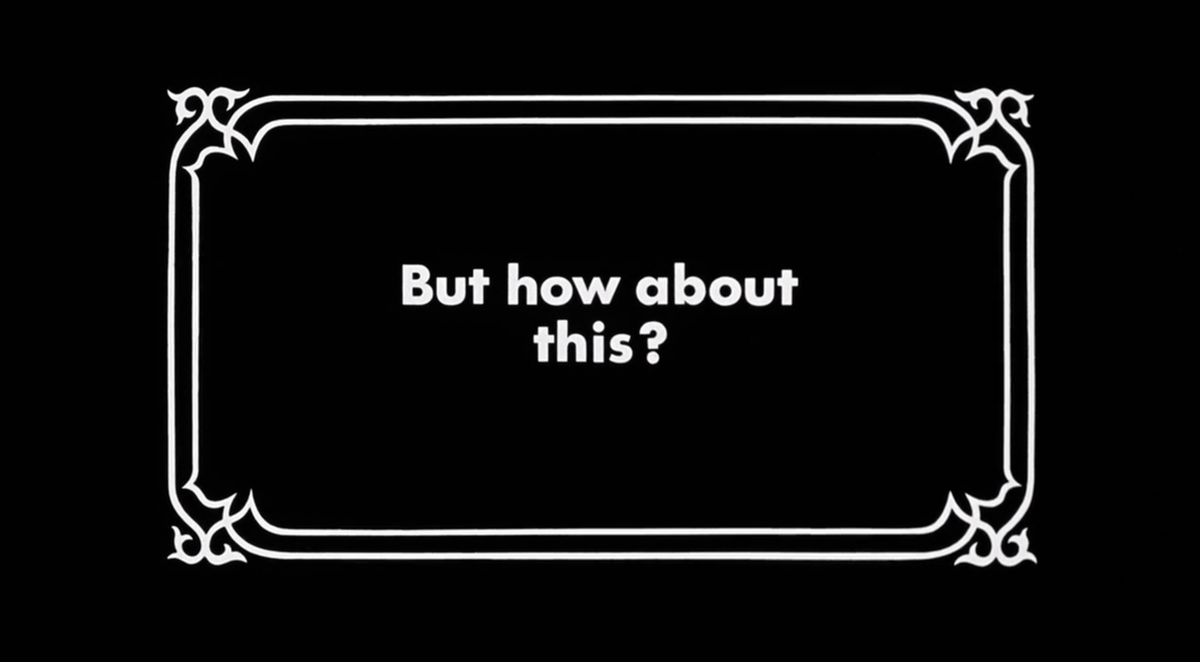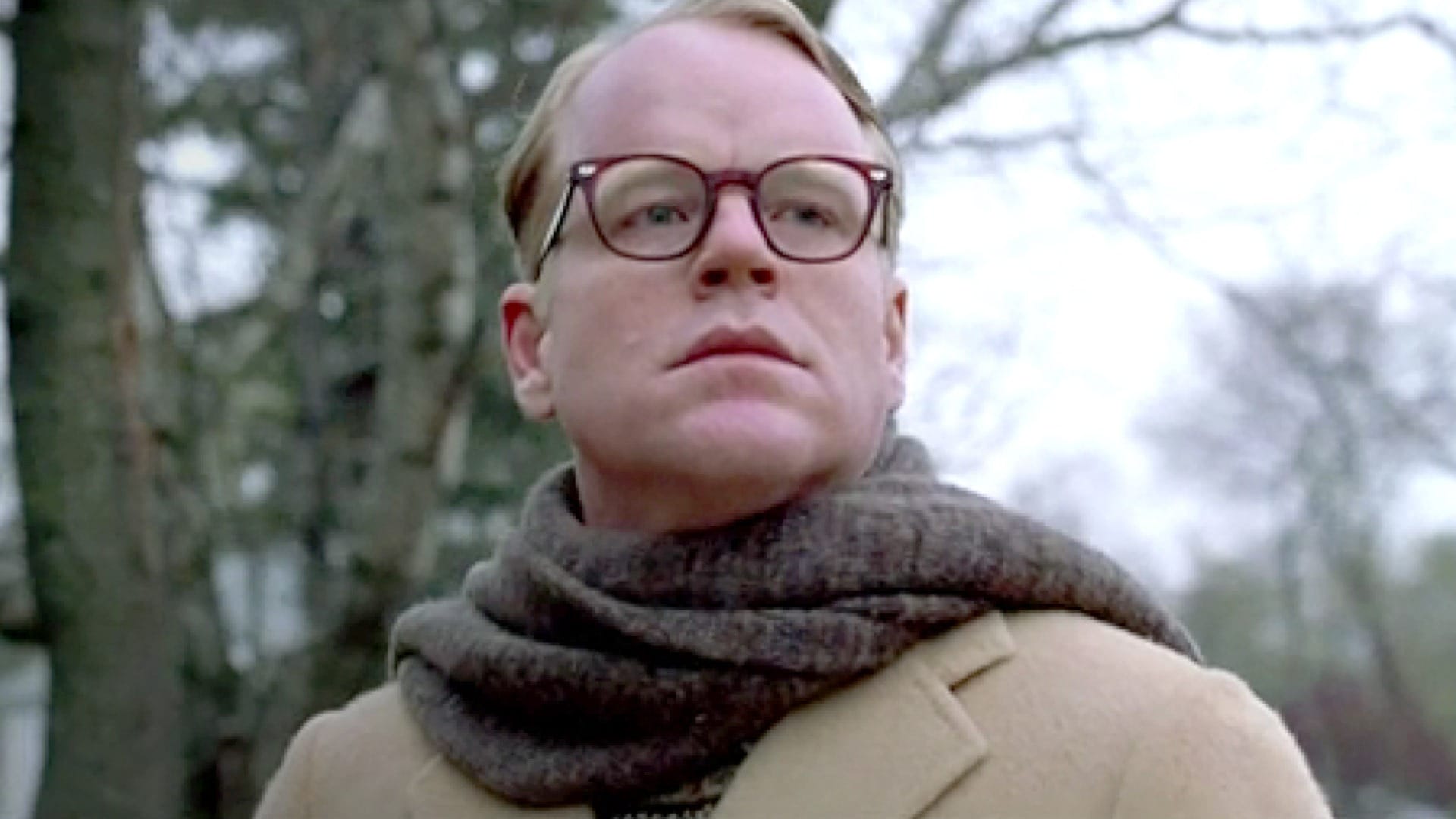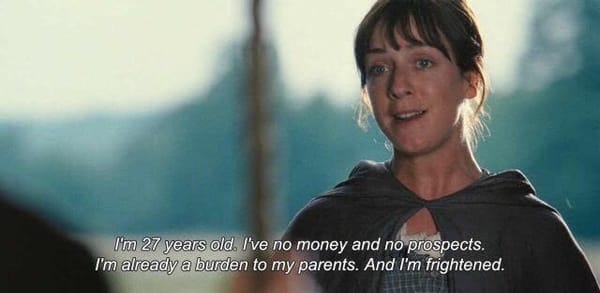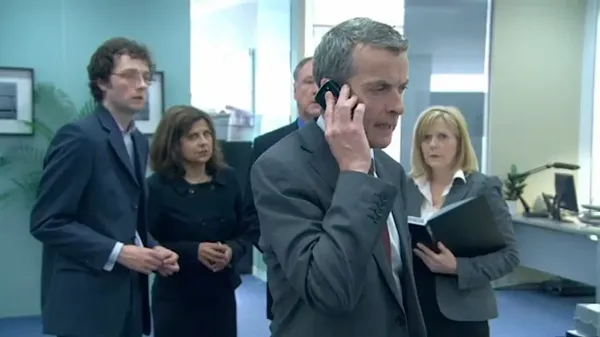↔️ #265 - It could have happened that way
Let's take a look at some real events that made it to the screen more than once.

What angle do you take when fictionalizing real events? How do you shape the messiness of the truth into something that presents a narrative you can follow? Let's take a look at some real events that made it to the screen more than once.
Truman Capote's book In Cold Blood about the Clutter Family Murders is considered the father of the true crime genre, getting a direct adaptation in 1967, and then in the 2000s two competing films (Capote and Infamous) dramatized Capote's research and writing of the book. Horror film blog Black Hole compares all three films, looking at their different approaches to the material. Scott from Fuds On Film focuses mostly on Capote and Infamous, considering their difference in performances dramatizing Capote himself and overall tone.
The Boston Marathon Bombing in 2013 lead to multiple scripts, which Andy Lewis covers while talking with the makers of Patriots Day and how they combined two different screenplays while filming in a community still hurting from the attack. Kevin Lang does a deep dive into the fiction and facts of Patriots Day, checking on individual scenes and details to see how much the movie pulled from the actual attack and subsequent manhunt.
Tom Meek reviews Stronger, based on bombing victim Jeff Bauman’s memoir, and focuses on how this smaller, personal portrait goes beyond the bombing. Alex Ashlock catches up with Jeff Bauman after the release of the film to get a reaction on Jake Gyllenhaal's take on his life.
The Zodiac Killer makes for a fascinating and terrifying true crime figure in part because he was never caught. Unless, of course, you're Clint Eastwood.
Dirty Harry turned its version of Zodiac, Scorpio, into the heavy in a cat-and-mouse game between a murderous sniper and a hard-nosed police detective who has problems reliably counting higher than four. Ryan Lambie looks back at the film and how it manipulates real events to create an argument that the killer could have been apprehended if the cops threw out the rule book (also known as laws). Matthew Hays checks in with actor Andrew Robinson, who played the film's off-brand Zodiac Killer, Scorpio.
Much later, the film Zodiac tries to take a more grounded look at events, and is all the more terrifying for it. Koraljka Suton dives deep into how Zodiac merges the genres of police procedural and newspaper film to focus on the chase that failed to catch the killer. Renzy picks through Zodiac to focus in on how it lacks catharsis and shows how obsession without resolution breaks people down.
It's worth noting that David Fincher was not a fan of Dirty Harry:
In my conversations with David Toschi and Robert Graysmith, they were a little amused by the way Hollywood had depicted the Zodiac, they were sort of tickled by it. Because I didn't see Dirty Harry till I was probably 12, I didn't see it until its rerelease, but I remember because Zodiac was such a kind of a personal thing, like this person had kind of crept into our personal unconscious, and f***ed with us for so many years, that when I saw Zodiac as plot device in the movie I was a little bit appalled ... [Toschi] was a little sickened by how easily it was concluded in the movies and kind of resented the fact that people were saying to him, "Hey, Clint Eastwood sure did a great job with your case."
-David Fincher
Fincher even brings this animosity into Zodiac with this scene:

👋 Are you new here?
Inneresting is a weekly newsletter about writing and things that are interesting to writers. Subscribe now to get more Inneresting things sent to your inbox.
And if you can't wait until next week for more Inneresting, check out the Quote-Unquote Apps Blog where we keep previous issues and other posts about screenwriting and things interesting to screenwriters.
Previously on Inneresting…
In case you missed it, last issue’s most clicked link featured Craig Mod on walking through Shibuya after years of avoiding it, urban planning, and how “the forces driving mass hyper-consumptive tourism are the same ones fomenting fascism, science skepticism, kleptocracy, billionaire veneration, labubus, and entertaining ourselves with little colored bubbles until the very second before we die.”
What else is inneresting?
- Monthly Method explains the One-Way To-Do List: A tool for building momentum in times of burnout, depression, or lack of motivation.
- Hollis Robbins teaches how to recognize copy produced by LLMs, and explains the difference between human writing (which depends on connecting a specific thing to words that describe it) vs. LLM autoregressive generation (which doesn't experience what words signify, just the probabilities that words go together).
- Molly White reminding us that RSS is still a thing, and it can be your way to choose your content instead of letting an algorithm choose it for you.
And that’s what’s inneresting this week!
Inneresting is edited by Chris Csont, with contributions from readers like you and the entire Quote-Unquote team.
Are you enjoying this newsletter?
📧 Forward it to a friend and suggest they check it out.
🔗 Share a link to this post on social media.
🗣 Have ideas for future topics (or just want to say hello)? Reach out to Chris via email at inneresting@johnaugust.com, Bluesky @ccsont.bsky.social, or Mastodon @ccsont@mastodon.art
Post-Credits Scene
You may not recognize him without the makeup and prosthetics, but Dirty Harry's Scorpio (Andrew Robinson) also played Star Trek: Deep Space 9's tailor with a mysterious past (and Dr. Bashir's most memorable love interest) Emil Garak!




